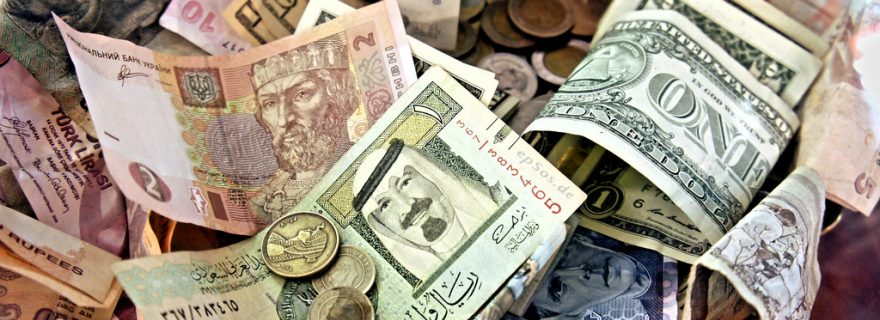Measuring the unconscious mind
People are unaware of much of the knowledge they possess, making it hard for psychologists to study this knowledge. We need ways to investigate the unconscious mind, and perhaps making use of people’s greediness is one of the ways to do this.
One of the goals (and some would say the most important goal) of psychology is to study the contents of the human mind. Normally, getting to know the contents of the mind requires interrogating people: what did you see? how do you feel? what did you think? While this may seem a straightforward way to investigate the mind, it is riddled with problems.
The problem we face when asking people what they think or believe is that people cannot always accurately describe such content. You may know the feeling that you have a hunch, or suspicion, that something is the case, but are not able to express it in words. And maybe you are even completely unaware of some of the knowledge that you have.
Researchers wanting to find out how conscious and unconscious knowledge are used prepared a card game in which participants could pick cards from one of four decks. Most of the time picking a card would result in winning money, but some cards would result in a penalty where the participant would lose money. However, the researchers rigged the game so that two of the decks would provide net winnings, whereas the other two would result in net losses.
As people were playing the game, they slowly started to avoid the two ‘bad’ decks. However, when they were asked if they understood the nature of the game most people could not say why they behaved the way they did, and instead reported having a ‘hunch’ or a ‘gut feeling’. It was not until the 80th card that they could explicitly identify the good and bad decks. Clearly, people have knowledge without being able to report it.
Apparently, by looking at behavior we can see evidence of unconscious knowledge. Some researchers have proposed yet other ways to study the unconscious mind. One of these methods assumes that offering people money makes them more willing to use their knowledge. This is how it works: you force people to make a choice and ask them to wager money on the correctness of their choice - a method known as post-decision wagering. If they are correct, they win money, if not, they lose money.
We decided to put this this method to the test, and flashed numbers on a computer screen for a split second. Then, we asked one group of people to wager money on whether or not they saw the numbers. Also, we asked another group of people to just indicate how clearly they saw these numbers, without betting any money. It turns out that people were more accurate in indicating that they saw these numbers if you asked them to wager money on it! Apparently, they have some knowledge that they only use when they can earn money. Maybe it’s time for universities to start paying students for passing exams...
Read more about this research in the publication 'Consciousness of targets during the attentional blink: A gradual or all-or-none dimension?' by Sander Nieuwenhuis and Roy de Kleijn, published in 2011 in Attention, Perception, & Psychophysics, 73, 364–373.





